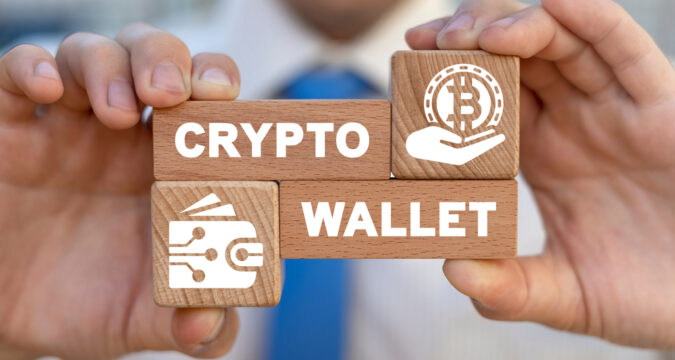
Crypto’s escalating value has made it to the headlines of most IT news and trends. Despite being decentralized, fraud and scams remain a possibility. Therefore, protecting your cryptocurrency should be a top priority.
Cryptocurrency wallets are an intriguing option for safely acquiring and keeping cryptocurrencies amid the rising cyber assaults. Crypto wallets are used for storing, transferring, and receiving cryptocurrencies.
Cold storage and hot storage wallets are two main categories of crypto wallets. Cold storage wallets work in an offline environment, whereas hot storage requires internet service to function.
Out of these, paper wallets are cold storage wallets offering one of the safest and most straightforward ways to secure cryptocurrencies. In this article, we’ll explore the specifics of paper wallets in detail.
What are Paper Wallets?
A paper wallet is a physical document containing all the necessary information to access cryptocurrency assets. It is an offline way of securing your crypto funds. The method generally involves printing the private and public keys on a sheet of paper which can then be stored per the user’s wish.
Some cryptocurrency platforms like Bitcoin have just QR codes, scanning them would give you access to your crypto assets, and you can proceed with your transactions.
A paper wallet gives absolute control to the user, enhancing security. It saves the user from worrying about malware or attackers. You only need to keep the paper safe, and you’re ready!
Working Mechanism of a Paper Wallet
Paper wallet works by generating a private key and a wallet address. The private key is a random code that grants access to the funds, while the wallet address acts as the public identifier where money can be transmitted. Usually, these keys are either QR codes or alphanumeric codes.
Once the wallet address and private key have been generated, they’re printed on paper. The paper wallet is then safely preserved, just like cash or important papers.
How to Use a Paper Wallet?
To use a paper wallet, start by generating a wallet using a trustable source or generate it yourself using a reliable generator. Proceed by taking a printout of the private key and wallet address. Once generated, you can get cryptocurrency transactions by giving out their address to people.
Both manually entering the keys and using a smartphone to scan the QR codes can be used to complete transactions. You must import or transfer the private key into a suitable cryptocurrency wallet or software to utilize the money in the paper wallet.
Pros and Cons of Paper Wallets
If you’re using a paper wallet, it is mandatory to know its pros and cons. Let’s learn about them.
Pros
The first and most crucial advantage is using paper wallets is that it remains in the custody of the user in a non-digital setting. It also implies that paper wallets are also resistant to hackers’ intrusion, which is only possible in a digital setting.
Moreover, they remove the need for specialized gear and software, making them usable with any printer or computer. Lastly, without spending a lot of money on hardware wallets, you may achieve the benefits of cold storage wallet as it is not costly.
Cons
Although paper wallet has some unique benefits, it also has certain concerns. The susceptibility to damage with paper wallets is one of their serious drawbacks. A paper wallet is prone to being destroyed by environmental conditions, fire, water, and other factors because it is fragile.
One lost; can’t be recovered. Secondly, utilizing paper wallets necessitates you make a new wallet for every transaction to maintain safety.
Additionally, problems with utilizing the same address could arise, putting your personal information at risk if someone follows the private key’s trail. Printing is also a crucial step in making a paper wallet. A faulty printer can jeopardize making the wallet in its final stages.




